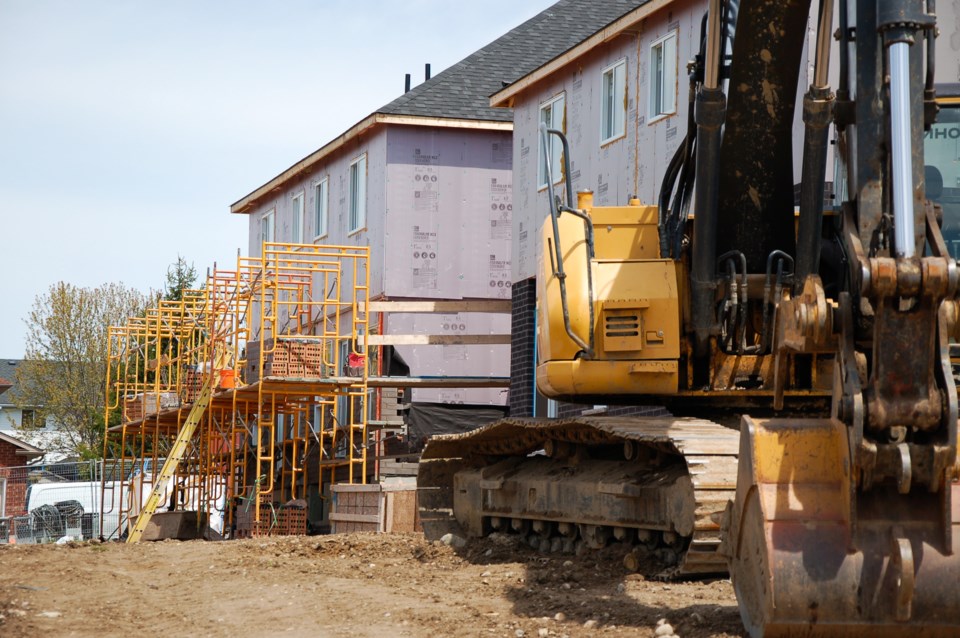In the wake of last year’s provincial decision to reduce fees collected from developers for growth-related infrastructure costs, a new funding program is on the way for municipalities whose councils pledged to work toward new housing targets.
Guelph is among them, though it’s unclear what impact the announced dollars will have on municipal finances and property taxpayers at this point.
“It’s too soon to tell,” said deputy CAO Jayne Holmes on Wednesday. “We don’t have the details yet.”
On Monday, the provincial government announced municipalities whose councils pledged support for the collective housing goal of 1.5 million new units by 2031 will be eligible to share in a three-year, $1.2 billion funding program slated to begin next year.
How much money each municipality will receive depends on the output from local builders in comparison to the new housing target; at least 80 per cent of a municipality's allocation must be met in order to be eligible for the program.
“There is an urgent need to get more homes built quickly across Ontario,” said Minister of Municipal Affairs and Housing Steve Clark in a news release. “By providing additional financial resources to our municipal partners as well as strong mayor powers to help speed up the approvals process, our government is acting decisively to tackle Ontario’s housing supply crisis and build the homes our residents need and deserve.”
A recent consultant’s report pegged the City of Guelph’s revenue shortfall at about $232 million for growth-related infrastructure.
In addition to the funding announcement, the government released plans to grant strong mayor powers, including the ability to veto some council decisions, for 21 municipalities with a population projected to reach 50,000 by 2031.
Guelph was given strong mayor powers earlier this summer. No local municipalities are among those included in Monday’s announcement.
“With these new measures, we’re supporting municipalities and giving them the tools they need to build more homes faster to tackle the affordability crisis that’s pricing too many people, especially young families and newcomers, out of the dream of home ownership,” said Premier Doug Ford in a news release. “We have two choices: We can sit back and ignore the crisis, or we can build more homes. Our government is choosing to build homes.”
Earlier this year, city council pledged to do what’s within the city’s power to allow the creation of 18,000 new housing units locally by 2031, which is the provincial allocation given to Guelph. That pledge came with calls to action for the provincial and federal governments as well as the development industry and other stakeholders.
“We don’t actually build houses,” Holmes noted of the city’s role in addressing the housing crisis. “There’s only so much we can do.”
The funding announcement falls short of a ‘real solution’ to the housing crisis, says Guelph MPP Mike Schreiner, leader of the Ontario Green Party.
“Tough talk and band aids won’t build more homes,” Shreiner said in a released statement. “It’s time for this government to stop with the band aids and just get the job done.”
He renewed calls for the province to expand as-of-right zoning for fourplexes and four-storey walk-up buildings, support for non-profit and co-op housing and permanent supportive housing, including wrap-around mental health and other services.




